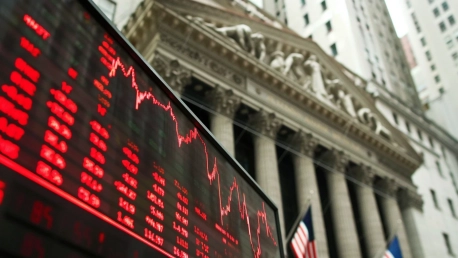
The recent economic landscape has left many speculating about the possibility of a recession. However, a deeper look into the sentiments shared by S&P 500 companies during their earnings calls offers a nuanced perspective that may challenge prevailing fears. This article explores the trends,

The ongoing conversations within U.S. corporate boardrooms seem to suggest a shifting sentiment regarding the likelihood of a recession. Despite prevalent market anxieties, recent earnings calls highlight a surprising divergence from these fears. This article explores the current economic sentiment

The perennial concern over an impending recession has been somewhat alleviated in recent months, with recent economic data suggesting improving stability in Canada and North America. Investors who have long worried that one negative shock could further destabilize the economy are finding some

The efficacy of the inverted yield curve as a recession predictor has long been a topic of interest for economists and financial analysts alike. Traditionally, an inverted yield curve, where long-term interest rates fall below short-term rates, signals the likelihood of an impending recession.

In the wake of the COVID-19 pandemic, economists and analysts are facing the challenge of interpreting economic signals that have historically forecasted recessions in the United States. The unique disruptions brought about by the pandemic have led several once-reliable indicators to now provide

Australia's economic outlook for 2024 is shrouded in uncertainty as the nation grapples with persistent high inflation and potential interest rate hikes. These economic pressures are creating widespread concerns among policymakers, businesses, and households, raising questions about the